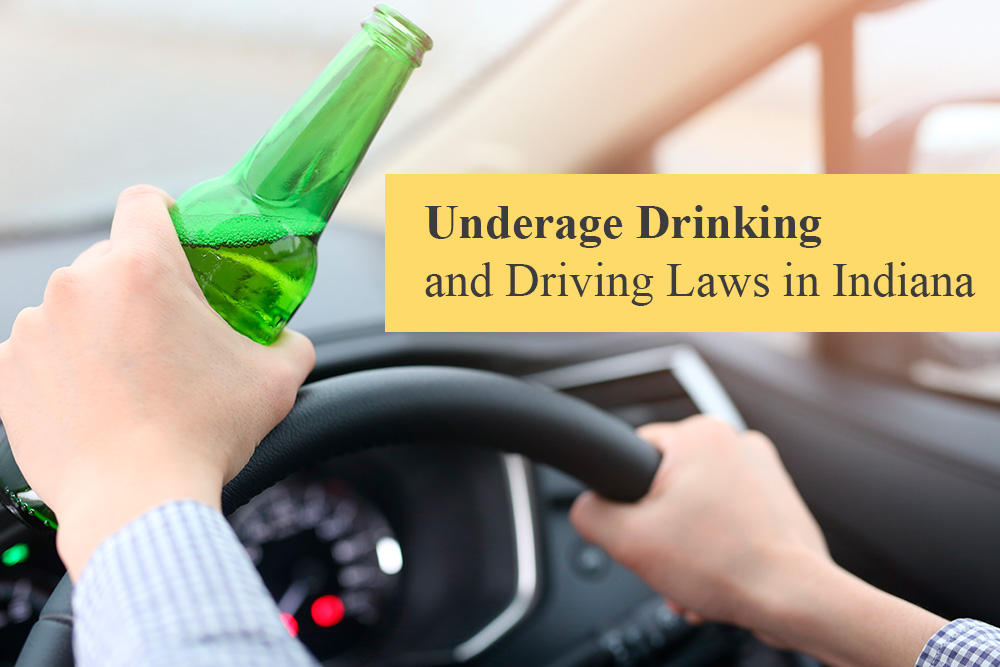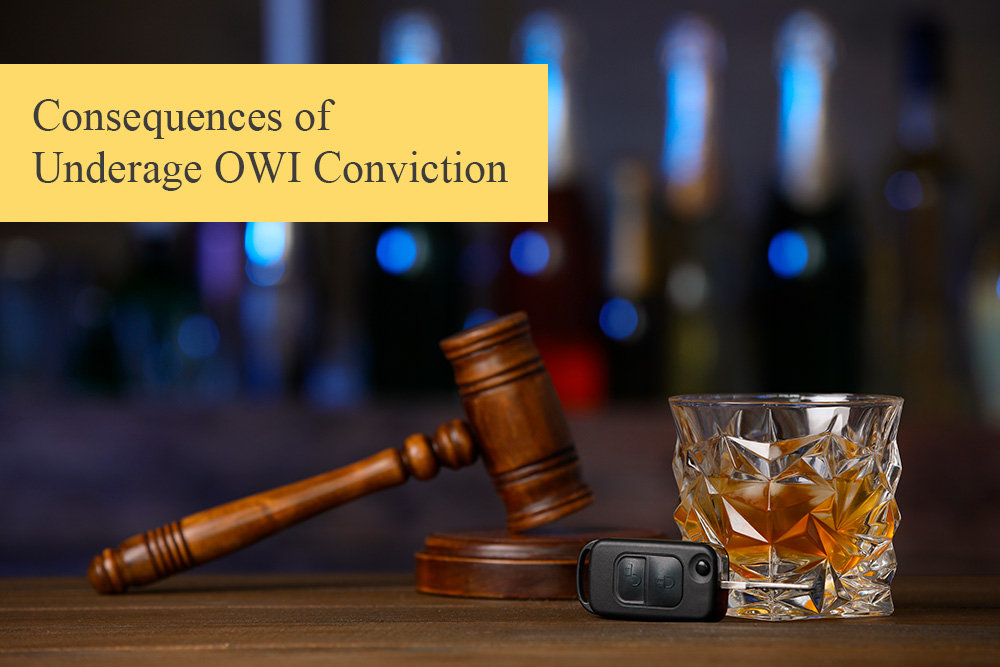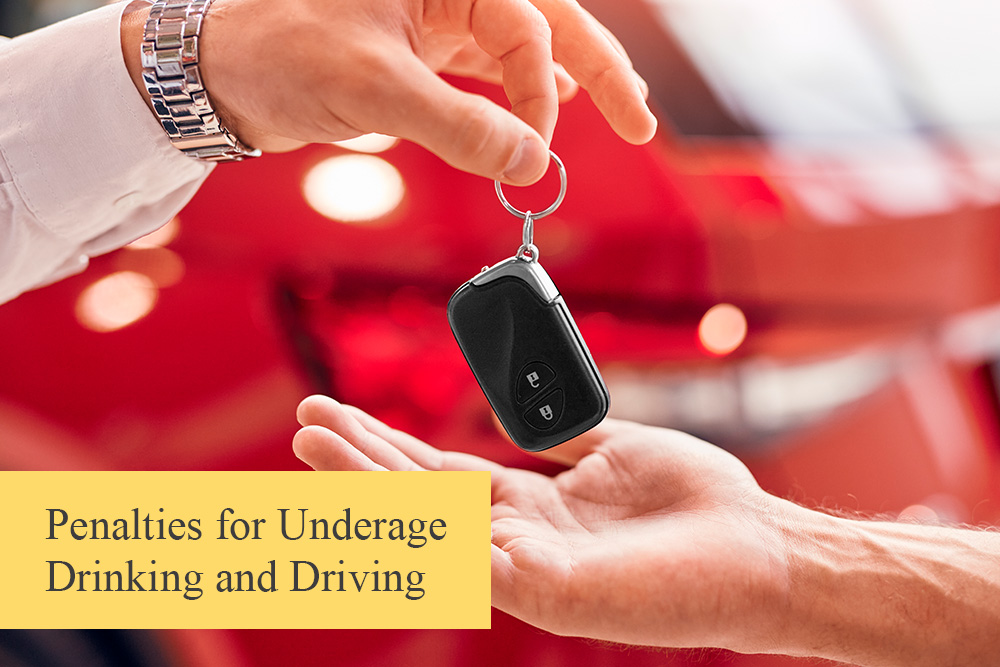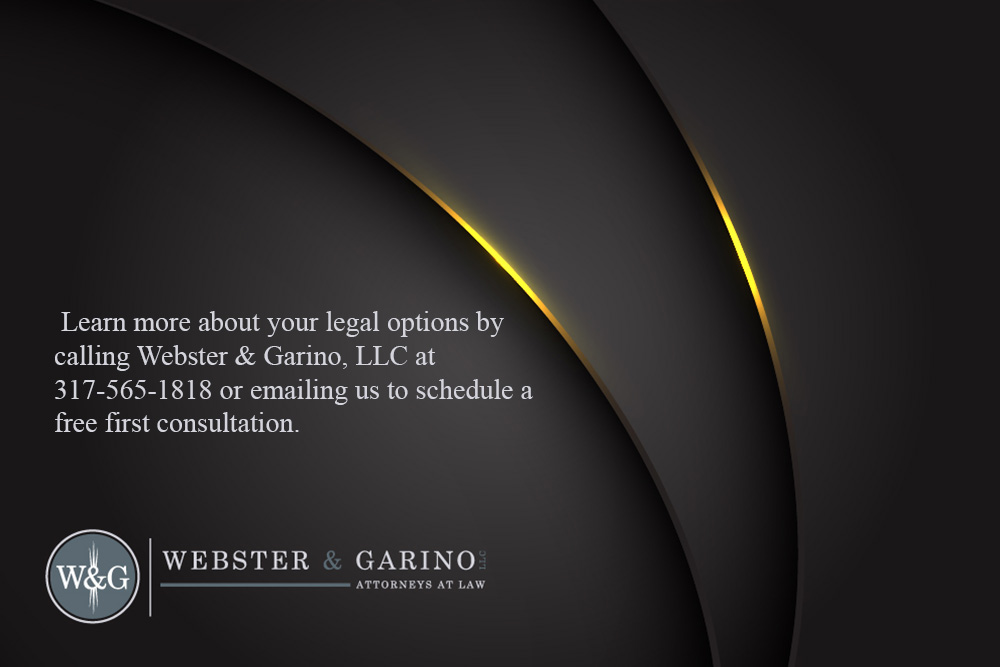Underage Drinking and Driving Laws in Indiana

Minimum Legal Drinking Age
Just because young people cannot legally purchase alcohol before age 21 does not mean that some are not drinking illegally. According to the U.S. Centers for Disease Control and Prevention, 10% of high school students age 16 and up have consumed alcohol and driven vehicles.
Indiana imposes a stricter standard on people caught driving with alcohol in their systems when they are below the age of 21. A chemical test that detects a blood alcohol concentration (BAC) of only 0.02% may result in an Operating While Intoxicated (OWI) criminal charge, also known as Driving Under the Influence (DUI). By comparison, for people over 21, the BAC threshold is 0.08%, although they might still get charged if they appear impaired. Regardless of a person’s age, legal representation from a DUI attorney is essential after a drunk driving arrest. A thorough defense could protect a young person’s future schooling and career opportunities.
Underage Drinking and Driving Laws – Consequences of Underage OWI Conviction

A drunk driving conviction can limit a young person’s future prospects. Most employment applications ask if the applicant has been convicted of a felony or misdemeanor. Even in the absence of the question, job applicants are often the subject of a background check.
A criminal conviction could potentially eliminate the chance to obtain some jobs and professional licenses or complicate the process.
Employment sectors sensitive about criminal records and OWI specifically include:
- Healthcare
- Legal services
- Education
- Government
- Transit
At a minimum, the loss of driving privileges frequently endangers your current employment because you cannot commute to work without getting a hardship license.
For young people, a drunk driving conviction can threaten educational opportunities. A college or university may learn about your arrest, which could lead to disciplinary action or even expulsion. Scholarships could be revoked, making it financially difficult for you to proceed with your education.
Although OWI arrests are common at all levels of society, you should not make the mistake of thinking that it only means expensive fines and temporary inconvenience. You must strive to defend yourself from charges, preferably with the support of the best DUI attorney.
Penalties for Underage Drinking and Driving

By and large, the OWI penalties for people under 21 mirror those applied by the courts to people of the legal drinking age. A chemical test result indicating the presence of alcohol or metabolic markers of drug consumption results in a criminal OWI charge and the immediate administrative suspension of your driver’s license by the Bureau of Motor Vehicles.
The administrative license suspension lasts 180 days unless a court dismisses the case or imposes a shorter suspension period as part of a criminal sentence. However, regardless of age, a person who refuses to give a sample for a chemical test will lose driving privileges for one year and NOT be eligible for extraordinary hardship licensing.
Your recorded BAC influences your charges, as do other factors, such as if anyone was hurt.
Conviction on an OWI Class C misdemeanor could lead to a sentence of:
- Up to $500 in fines
- Payment of court costs
- Up to 60 days in jail
- License suspension up to 60 days
- Pay for and attend Victim Impact Program
Once your recorded BAC exceeds 0.15%, the court elevates your charge to a Class A misdemeanor. Alternatively, your charge would be a Class A misdemeanor if your driving endangered somebody, even if your BAC was below 0.15%.
Conviction on an OWI Class A misdemeanor could lead to a sentence of:
- Up to $5,000 in fines
- Payment of court costs
- Up to 1 year in jail
- License suspension up to 1 year
- Pay for and attend Victim Impact Program (VIP)
When attending a VIP, you will see presentations about people hurt by drunk drivers and perhaps even visit a medical facility. You may also have to tour an alcohol treatment center.
Specialized Driving Privileges (SDP)

The SDP rules allow you to obtain what is commonly known as a hardship license. You may qualify if you can demonstrate a legitimate need to drive. Preparing this request with the support of a DUI lawyer is recommended. A DUI attorney might succeed in winning a broader scope of driving privileges than if you acted alone due to knowledge of the system and how to highlight information convincingly.
Acceptable reasons for SDP include:
- Driving to work or school
- Driving to medical appointments or therapy
- Driving a child or older person to school or appointments
The court will evaluate your SDP application and decide if you are eligible. The court order will state when and where you can legally drive if approved. The order will be valid for at least 180 days.
You can expect the court to require that you have an ignition interlock device (IID) installed on your car. The IID and ongoing monitoring impose additional expenses on you. Still, this may be worth it if it means the difference between having access to transportation or losing your job or ability to attend school.
DUI Defense
Young people might assume they have no recourse when faced with harsh OWI penalties. The chemical test or testimony of a police officer may seem unassailable evidence, but the best DUI lawyer might detect issues that swing the situation in your favor.
A DUI lawyer protects your rights. Your chemical test relies on the accuracy of the equipment, and these machines require routine inspections and calibrations; those certifications could be overdue. In that case, your chemical test results become subject to doubt.
Find out how you can modify your criminal sentence here.
Meet With a DUI Lawyer at Webster & Garino, LLC
Even if the evidence stands in your OWI case, an effective criminal defense lawyer can wage arguments that prompt a court to act leniently. Although society takes intoxicated driving very seriously, the criminal justice system is operated by individuals who may be willing to give people a second chance after youthful indiscretions. Learn more about your legal options by calling Webster & Garino, LLC at 317-565-1818 or emailing us to schedule a free first consultation.

